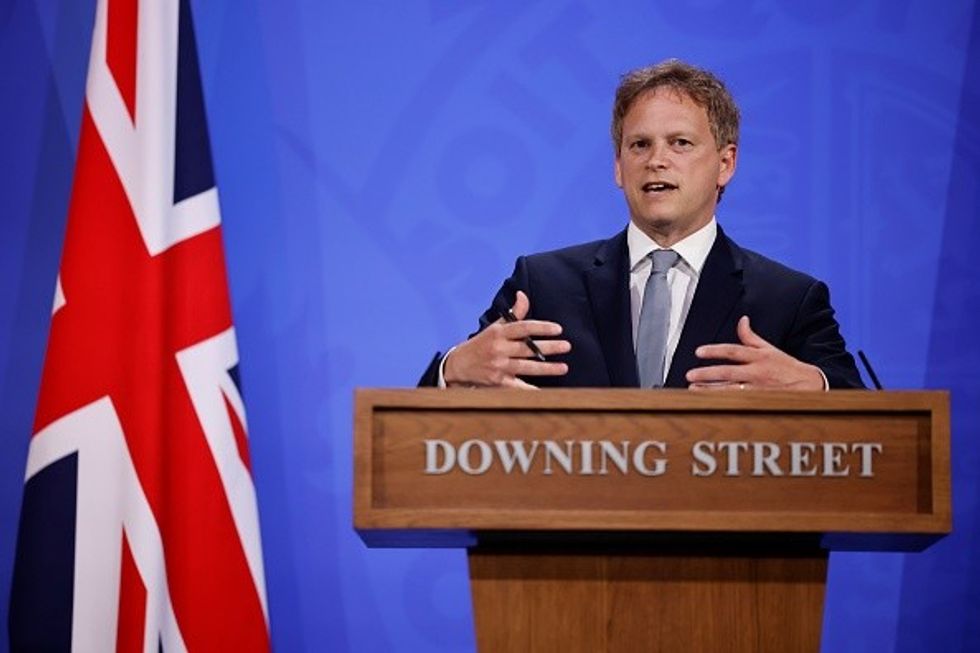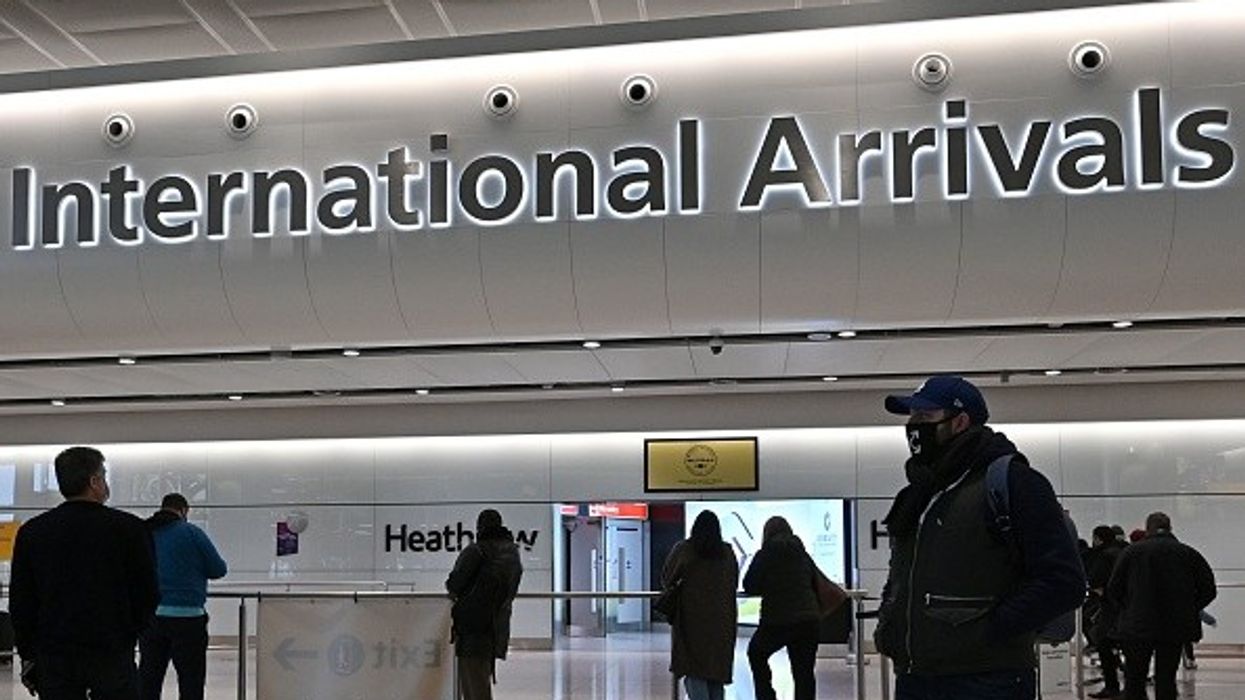DOUBLE-vaccinated travellers from the US and European Union can now avoid quarantine when arriving in England from amber list countries, as per a government announcement recently made today (28).
The policy change was agreed at a top-level ministerial Covid meeting on Wednesday (28) afternoon, and will apply from 4 am on Monday (2), reports said.
UK prime minister Boris Johnson reportedly pushed for the change because he is concerned that the EU is enabling international travel faster than the UK, and that Britain is “squandering its vaccine bonus”, stated media reports.
In a statement released following the meeting, transport secretary Grant Shapps said: “We’ve taken great strides on our journey to reopen international travel and today is another important step forward.
“Whether you are a family reuniting for the first time since the start of the pandemic or a business benefiting from increased trade – this is the progress we can all enjoy,” he said.

The Department for Transport also said in the statement that travellers should have received authorised jabs approved by concerned countries' respective authorities, namely European Medicines Agency (EMA) and Swiss vaccination programme for EU and Food and Drug Administration (FDA) for US travellers.
Health and social care secretary Sajid Javid added that the government was “taking another step on the road to normality which will reunite friends and families and give UK businesses a boost”.
The move by the UK government is expected to benefit Britons living abroad along with US and EU travellers who are double-jabbed.
However, Labour’s deputy leader Angela Rayner said the plan was “reckless” and that it might end up with new variants arriving in the UK.
Currently, only those who have had two vaccine doses administered by the NHS are eligible for a “Covid pass”, showing which they are allowed to avoid isolating for up to 10 days if travelling from an amber list country – so long as they test negative before departure.
While many EU countries accept the UK’s Covid pass as proof of vaccination and allow the entry of double-jabbed Britons, the US said earlier this week its tight restrictions will stay in place for more time.
The pressure was growing on the UK government to ease restrictions on those in other countries who are fully vaccinated, with ministers facing criticism for having more stringent controls in place at the border currently than there was last summer.




